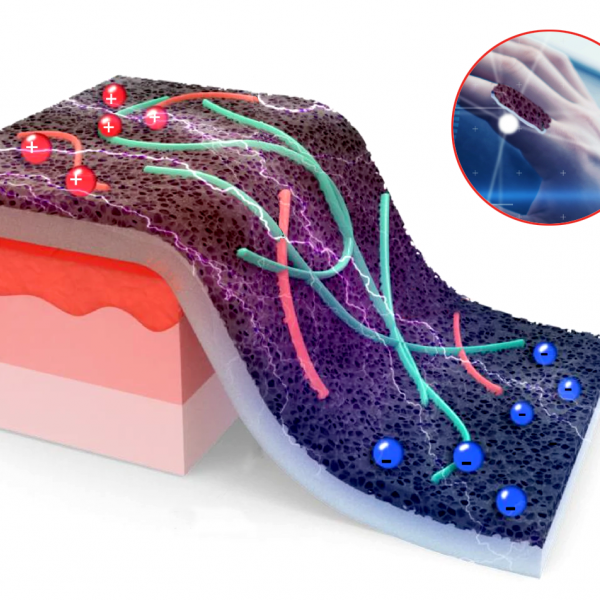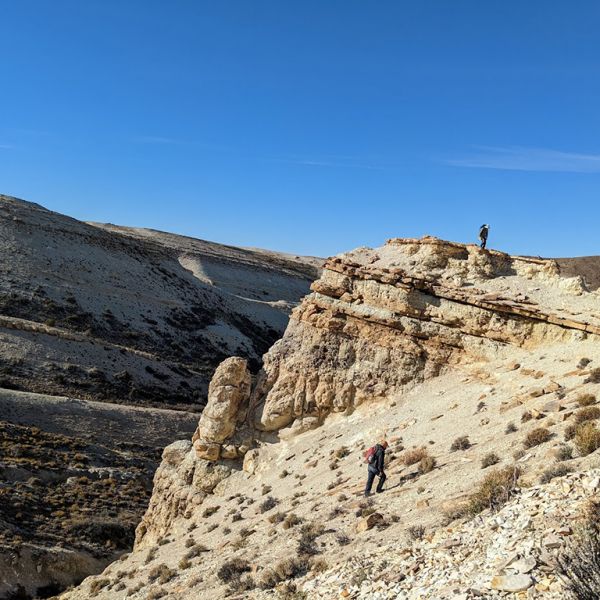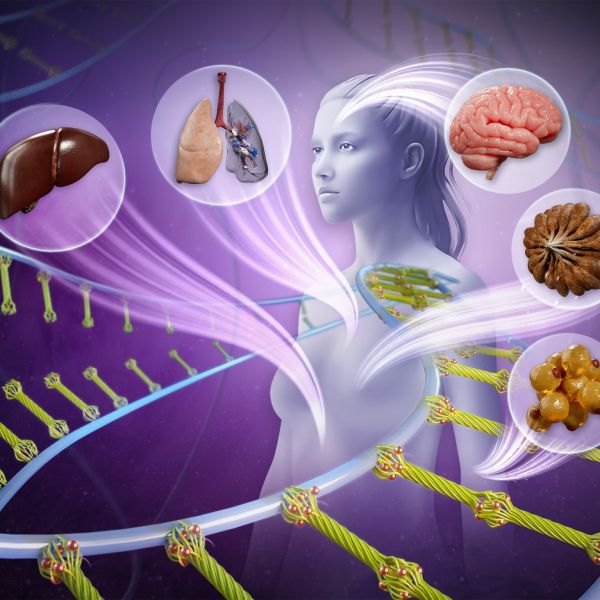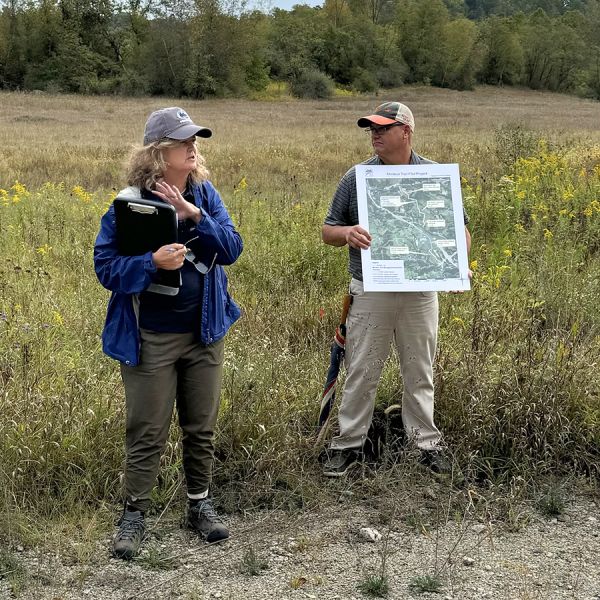News

Feb 06, 2025
Native bee populations can bounce back after honey bees move out
Managed honey bees have the potential to affect native bee populations when they are introduced to a new area, but a study led by researchers at Penn State suggests that, under certain conditions, the native bees can bounce back if the apiaries are moved away.
Full Article

Feb 05, 2025
New smart sensor takes the pain out of wound monitoring
Laser-made, ultra-thin material enables precise, self-powered tracking of healing wounds.
Full Article

Feb 05, 2025
Supportive co-parenting may help secure infant attachment development
Researchers found breastfeeding is linked to positive parenting and secure infant attachment and, when unable to or choosing not to breastfeed, supportive co-parenting can achieve the same outcomes.
Full Article

Feb 05, 2025
Understanding aging requires more than counting birthdays
Types of tissue samples matter when measuring a person’s biological age, or how well their body is functioning, researchers report.
Full Article

Feb 04, 2025
Fossils show leaf-eating insects tracked gum trees for millions of years
New study reveals surprisingly consistent insect feeding damage on fossils from Argentina and modern gum tree leaves from Australia.
Full Article

Feb 03, 2025
Novel ‘living’ biomaterial aims to advance regenerative medicine
A biomaterial that can mimic certain behaviors within biological tissues could advance regenerative medicine, disease modeling, soft robotics and more, according to researchers at Penn State.
Full Article

Feb 03, 2025
Vitamin D matters during first trimester, researchers find
Low vitamin D levels in the first trimester of pregnancy are associated with higher rates of preterm birth and decreased fetal length, according to a new study led by researchers in the Penn State Department of Nutritional Sciences.
Full Article

Feb 03, 2025
Penn State, Shell collaboration funds environmental research project
Altoona professor investigates vegetation management on Falcon Pipeline in Pennsylvania.
Full Article

Jan 31, 2025
Anthropologist Nina Jablonski to deliver 2025 Darwin Day Lecture
Nina Jablonski, Atherton Professor and Evan Pugh University Professor Emerita of Anthropology at Penn State, will deliver a lecture titled “The Skin in the Game of Evolution: How Human Skin Illustrates Darwinian Evolution and Much More” as part of this year’s annual Darwin Day celebration.
Full Article

Jan 28, 2025
WATCH: Tracking disease progression in technicolor
The Laboratory for Materials in Medicine is advancing the imaging capabilities by developing contrast agents to target specific molecules and processes that may reveal more about disease progression than traditional scans.
Full Article